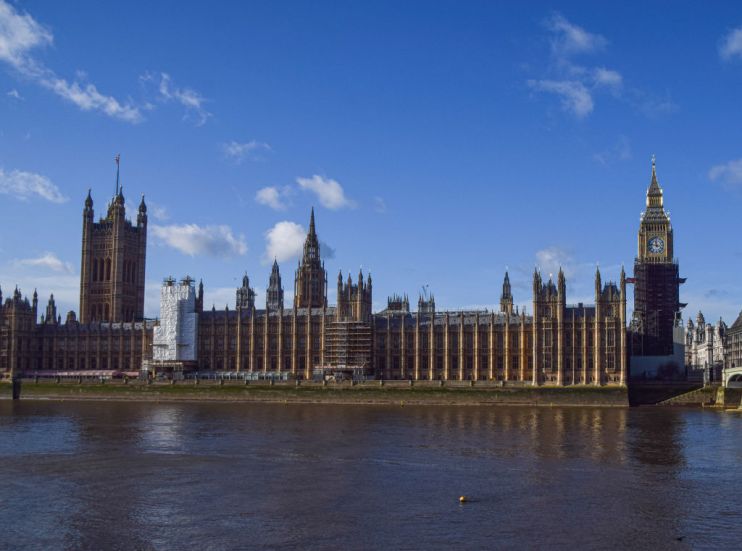Britcoin: Digital pound will not be introduced without a Parliamentary vote

Lawmakers agreed that the digital pound, or ‘Britcoin’, should not be introduced without proper parliamentary scrutiny.
Speaking in the House of Lords, Lord Forsyth said the notion that the Treasury and the Bank of England could introduce the digital pound “without having proper parliamentary scrutiny… is utterly ridiculous.”
The Bank of England and Treasury are currently consulting on the introduction of a digital pound. Also known as central bank digital currency (CBDC), it is a digital form of cash which will be created by the Bank of England, unlike existing digital payments which are created through the private sector. It will not replace cash.
The Bank suggests it is “likely to be needed in future” as digital payments become ever more important in the economy.
Forsyth argued that the introduction of a digital pound would have an impact on a range of different issues, including financial stability and civil liberties. As a result, Forsyth said it is “very important that we have parliamentary accountability.”
Chair of the economic affairs committee Lord Bridges agreed. “We cannot and we must not leave it (the digital pound) to be passed by statutory instrument one wet Wednesday afternoon in the Moses Room. That would be an absolute disaster,” he said.
Although Chancellor Jeremy Hunt provided a written commitment to holding a vote on its introduction, the government has not agreed to put that commitment into law.
Baroness Penn argued it could have “unintended consequences” such as preventing the Bank of England from issuing existing forms of digital currency.
“While we cannot support the amendment… it does not change in any way the Government’s commitment, made very publicly to both Houses…to introduce primary legislation should a decision be taken to go forward with the digital pound,” she said.
Bridges told City AM the written commitment was a “step forward” but said he would “much prefer” it to be on the bill. “Who knows which government will be around,” he said;
Bridges argued that parliamentary scrutiny of Britcoin forms part of a wider picture of improving scrutiny of the Bank of England.
“The experience of quantitative easing taught me that parliament as a whole must do more to scrutinise key decisions made by the Bank,” he said.
While the Bank has outlined a fairly limited set of proposals for how it intends to use the digital pound, Bridges said that, in future, the digital pound could give the Bank “new tools to implement helicopter money” and potentially “increase the size of its balance sheet by around £400bn”.